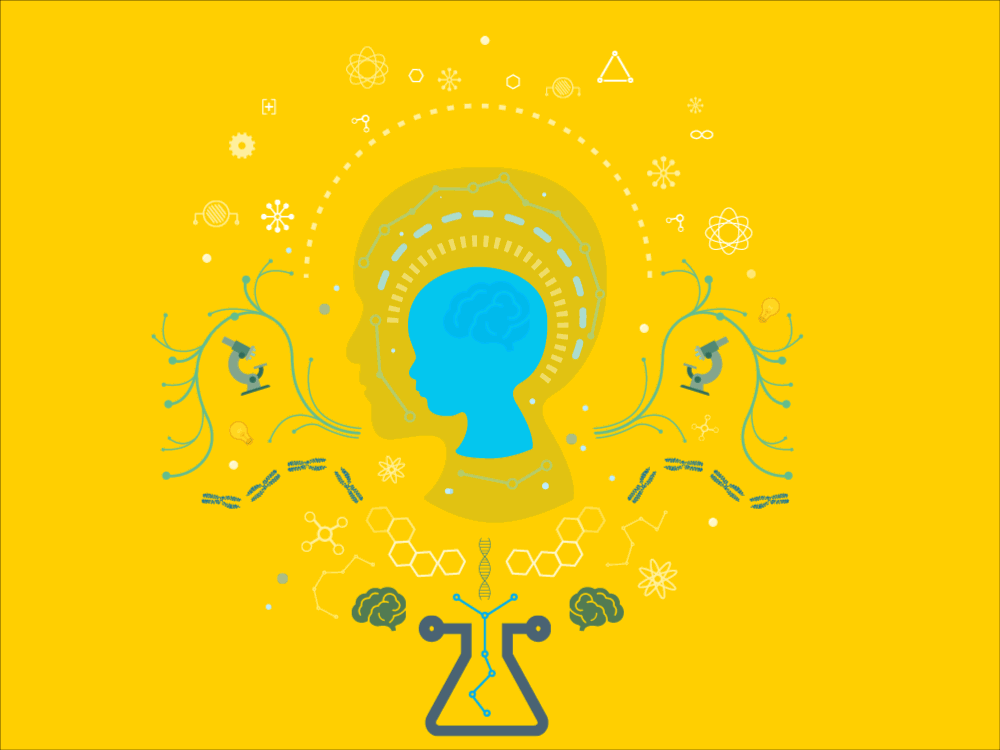
Psychology Professor Henry Wellman always had a hunch that little kids weren’t just blank slates that adults could mold into copies of their grown selves—even very young kids create their own theories about the world based on evidence they collect, like little scientists.
But after 40 years of interacting with kids in classrooms and the lab, Wellman has learned what might be closer to the truth: that scientists act like big kids.
Subscribe to the How to Science podcast on Apple Podcasts, Spotify, Stitcher, Google Play Music, or wherever else you listen to podasts. And if you’ve been thinking about leaving a five-star review . . . Do it!
View the full Henry Wellman episode transcript.
Hang out with other science-minded folks at the How to Science Facebook group.
Visit the How to Science homepage for more podcast episodes.
Highlights from This Episode
- 0:01 – “I don’t think it’s so much that kids are little scientists—I think it’s that scientists are big kids.”
- 1:59 – “I’ve been here at Michigan for 40 years. For all those 40 years, I’ve been interested in the same question: How do children think?”
- 7:26 – “I talked about it at the very beginning as children forming theories, and I think that’s exactly what they’re doing. They’ll surprise you, but they’re smart. Or, they’re a combination—they’re both wise and witless at the same time. Figuring that out is the fascination.”
- 9:39 – “Sit next to a kid on an airplane and talk to that person. Not the squeaking baby—sit next to a four-year-old sometime. You might get fascinated.”
- 11:04 – “I think scientists are supposed to certainly base our theories in observations, but we also have to do more than observe. We have to theorize, we have to experiment, we have to test, we have to formulate our observations in such a way that they make sense. Sometimes, just like kids, our formulations are gonna be wrong.”
Scientist Bios
Henry Wellman, a professor in LSA’s Department of Psychology, researches the cognitive development of children. Much of his work focuses on how children develop a core understanding of the inner psychology of people in the world around them—what’s called “theory of mind.”
Learn more about Henry Wellman, his current research, and the theory of mind.
How to Science host Monica Dus is a professor in LSA’s Department of Molecular, Cellular, and Developmental Biology (MCDB) who studies how the brain responds to the presence and absence of sugar. She wants to figure out how neurons sense and respond to the nutrients eaten as food. Her research relates to feeding behavior, energy balance, physiology, and obesity. She loves her three dogs, whose names are Cupcake, Sprinkles, and Brioche.
Related Links
- “Little Kids, Big Ideas”
- “Too Big to Fail”
- “Change Agents”
- Learn About Supporting the Department of Psychology

